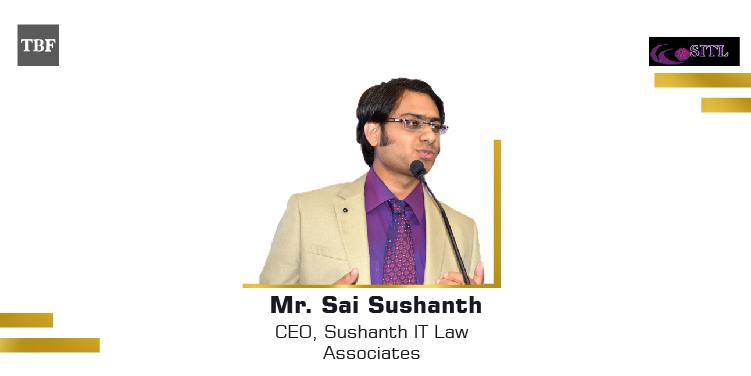SOME POPULAR APPS & LAW
Today, Mobile Apps are centre to our lives and if not all, there are some specific Apps that have turned to be the de-facto modes in the World. This article intends to bring in an awareness from a legal perspective while in no manner intends to affect the business and the downloads of these Apps.
FACE APP
While the terms and conditions of this App state that no Cyber Security can be guaranteed to a user’s data, this App makes use of AI to switch looks of a user. The terms also state that you as a user, grant a perpetual, irrevocable, royalty-free, world-wide, fully paid, transferrable sub-licensable licence to use, reproduce, modify, adapt, publish, translate, create derivative works from, distribute, publicly perform and display your User Content and any name, user name, likeness provided in connection with your User Content in all media formats and channels now known or later developed, without compensation to you .
The net effect of this means your photos uploaded thereof may be used in various ways. This App provides a mandatory arbitration clause which puts forth that such arbitration shall be conducted in Santa Clara, California. The same also implies that Class Action Lawsuits are prohibited, and any user should file their claims within a year of the issue.
This App’s Terms of Use are hard to read than Dickens. The App does not take ownership of its User’s content, however, the user provides a similar license as stated above to this App. The user agreement provides a broad right over the User’s Content, pushing the envelope on the users to copyright infringement claims. The legal policies adopt one-sided approach protecting the content of the App, but not that of the user. This positions the other App developers working in synchrony with this App to offer extra functions like boosting likes, follower’s analysis etc. The users posting photos on this App should be alive to the fact that if they intend to modify or sell such photos on an exclusive license the same shall attract breach.
SMULE
This App brings in questions of copyright as the owners of copyright have the right to decide how their musical compositions are used, distributed. Further, the copyright owners also have the right to determine royalties, licenses, karaoke’s or not with regard to their works. Uploading the songs sung by you through this App over WhatsApp and social media shall expose you to copyright violations. It shall be advisable to share links to this App instead of uploading the video since uploading can be considered redistribution of potentially copyrighted material. Users should be aware that their videos may be taken down in case of copyright infringement.
DUBSMASH
The legality of videos created through this App is ticklish. Sharing and posting such videos in public forums like Facebook, WhatsApp or any other social media may almost be considered illegal no matter however funny the video maybe. However what needs to be looked into is whether the video created through this App is distinctly new or the nature of the copyrighted work used is limited and its impact is merely negligible.
TIKTOK
This App opens up pandoras box of questions from a legal perspective. While the App pushes content posted by users into ads without the user’s permission specifically where the user is featured in the content. The App clearly states that you grant a perpetual, non-exclusive, irrevocable, royalty-free, world-wide, fully paid, transferrable sub-licensable licence to it with regard to your content.
The App also puts in great responsibility and burden of proof on the user while creating a video using the App. The App also clearly outlines that any videos created using the App shall not intimidate or harass anybody or create a conflict of interest or solicit fake reviews, cause defamation or offensive or hateful content or deliberately provoke or antagonise, troll, bully, harm, hurt, scare, distress, embarrass or upset any person. Further the App may generate revenue through the sale, advertising, sponsorships, promotions of your content. The App also directly or may authorise others to cut, crop, edit your content. The App amusingly waives any or all rights of privacy with regard to User Content.
CONCLUSION
This article examines the legal policies relating to these Apps and analyses them in a common man’s lingo and perspective making a user acquainted and cognisant of the same. Given the present scenario of users trying to make their videos presence viral over the Internet, I think it is time to set forth specific legal policies and regulatory frameworks with regard to such viral posts. It becomes increasingly important to revisit the intermediary guidelines, specifically to protect the privacy of an individual in the light of the recent Supreme Court judgement making Right to Privacy a fundamental right. These are some illustrations of how User’s Content, Privacy, Cyber Security are made sitting ducks while it is interesting to see how legal landscape surrounding the Apps unfolds with the passage of time.










